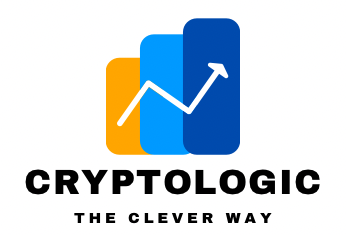Securing Bitcoin's Future: The Vital Role of Active Hodlers

In the dynamic landscape of Bitcoin's longevity, the passive ownership of digital assets is no longer sufficient to ensure resilience. Bitcoin's ethos, rooted in Proof of Work (PoW), mandates active participation from hodlers to bolster network integrity and preserve its intrinsic value.
Understanding Bitcoin's Operational Framework
At the core of Bitcoin's operational framework are miners, pivotal in processing transactions and upholding blockchain security through computational prowess. Their efforts are incentivised by transaction fees and block rewards, directly tied to network transaction volumes. Without sufficient transactional activity, miners face challenges in maintaining Bitcoin's decentralised ledger security effectively.
The Dilemma with Hodling
While hodling has emerged as a predominant investment strategy within the Bitcoin community, it presents a critical challenge. Hodlers, by refraining from frequent transactions, inadvertently diminish transactional fees available to miners. This reduction jeopardises Bitcoin's security model, potentially compromising its resilience over time.
Introducing the Hodl Fee Concept
To address this challenge and align incentives with Bitcoin's operational ethos, the concept of a Hodl Fee emerges as a pivotal solution. The Hodl Fee acts as a mechanism to compensate miners for inactive addresses, ensuring continuous network security even during periods of low transactional activity.
Mechanics of the Hodl Fee
Implementation of the Hodl Fee involves levying a nominal charge on addresses inactive for extended periods, typically a fraction of the median transaction fee over a specified timeframe. This fee not only encourages transactional activity but also helps cleanse the blockchain by reducing negligible "dust" addresses.
Benefits and Implications
- Aligning Incentives: The introduction of the Hodl Fee provides miners with an additional revenue stream, reinforcing their commitment to network security despite fluctuating transaction volumes.
- Enhancing Network Efficiency: By reintroducing dormant bitcoins into circulation and reducing dust addresses, the blockchain's efficiency is optimised, enhancing Bitcoin's operational capacity.
- Maintaining Value Proposition: Active participation through the Hodl Fee safeguards Bitcoin's reputation as a dependable store of value, vital for sustaining investor confidence and market stability.
Addressing Concerns
While innovative, the Hodl Fee raises valid concerns:
- Potential Impact on Anonymity: Increased transactional activity may heighten privacy concerns, necessitating a balance between transparency and anonymity.
- Operational Overhead: Effective management of the Hodl Fee mechanism is crucial to complementing Bitcoin's operational framework without adding unnecessary complexity.
Conclusion: Embracing Evolution for Bitcoin's Future
In conclusion, the introduction of a Hodl Fee represents a progressive stride towards safeguarding Bitcoin's long-term viability. By incentivising hodlers to actively participate in the network, we fortify its resilience and uphold the foundational principles of decentralisation and economic empowerment. This evolutionary step ensures that Bitcoin continues to thrive as a beacon of digital currency innovation well into the future.





